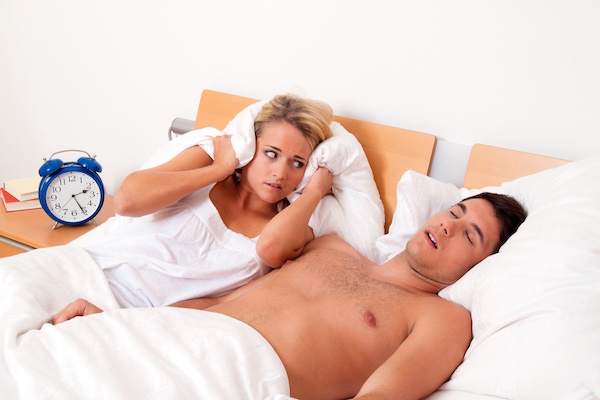
TUESDAY, NOV. 26, 2013 (HealthDay News) — Thanksgiving is a time of travel, but one expert warns that sleep deprivation and darkness can cause drivers to become sleepy even though they believe they’re alert.
“When you are sleep-deprived for more than 24 hours, you need stronger sensory stimulation to maintain alertness,” Dr. Xue Ming, a sleep medicine specialist at Rutgers New Jersey Medical School, said in a Rutgers news release.
Sensory input such as light, noise and touch keeps people alert, Ming said. “But when there’s little stimulation, the brain will drift into a full sleep state or a micro sleep, which can last from a fraction of a second to up to 30 seconds,” she said. “In this state, the person feels like he is awake — he might even still have his eyes open — but he is actually asleep.”
Drivers are most vulnerable to drowsiness from 2 a.m. to 4 a.m. and 1 p.m. to 3 p.m., when there is a dip in their circadian rhythm, which regulates periods of sleepiness and wakefulness. The circadian rhythm also causes people to feel drowsy in fading daylight — something to remember with the change in daylight savings time this weekend.
“If a person had a big meal at lunch or did not sleep well the night before, this decline is more prominent,” said Ming, who noted that shift workers are particularly at risk for drowsy driving when they leave work in the early morning hours.
Ming said there are ways for drivers to boost their alertness for limited periods of time, including a 20-minute nap; two cups of coffee or a similar caffeinated beverage; brightening the dashboard; and buying a visor light box that simulates morning light and placing it on the passenger side of the vehicle.
“But if you are feeling really tired, the best thing to do is park your car and call a cab,” Ming said.
Drowsy driving is a major problem in the United States. A 2011 National Sleep Foundation survey found that 60 percent of adults said they had driven at least once while drowsy, and 37 percent admitted to falling asleep at the wheel in the past year. One in six fatal traffic crashes is caused by drowsy driving, according to the American Automobile Association.
More information
The U.S. National Sleep Foundation has more about drowsy driving.
Copyright © 2026 HealthDay. All rights reserved.

